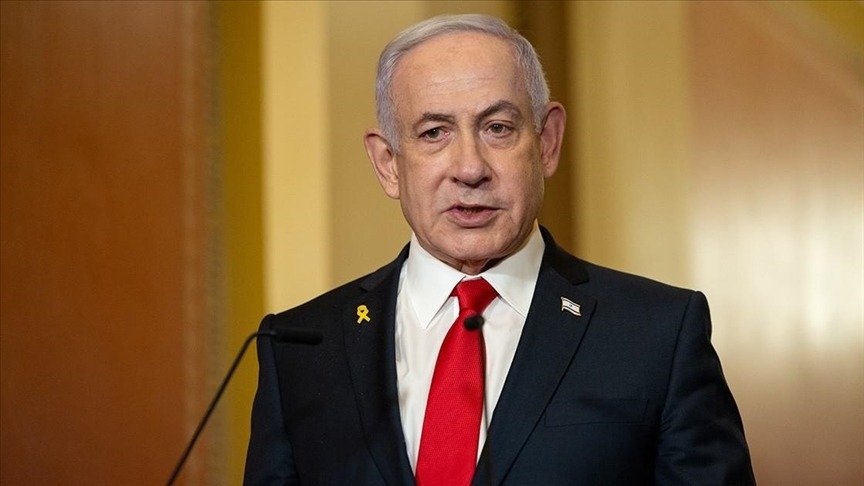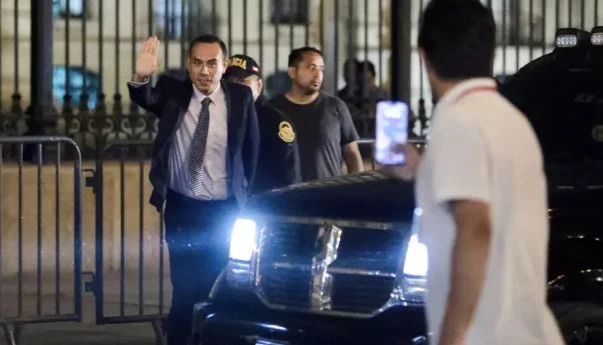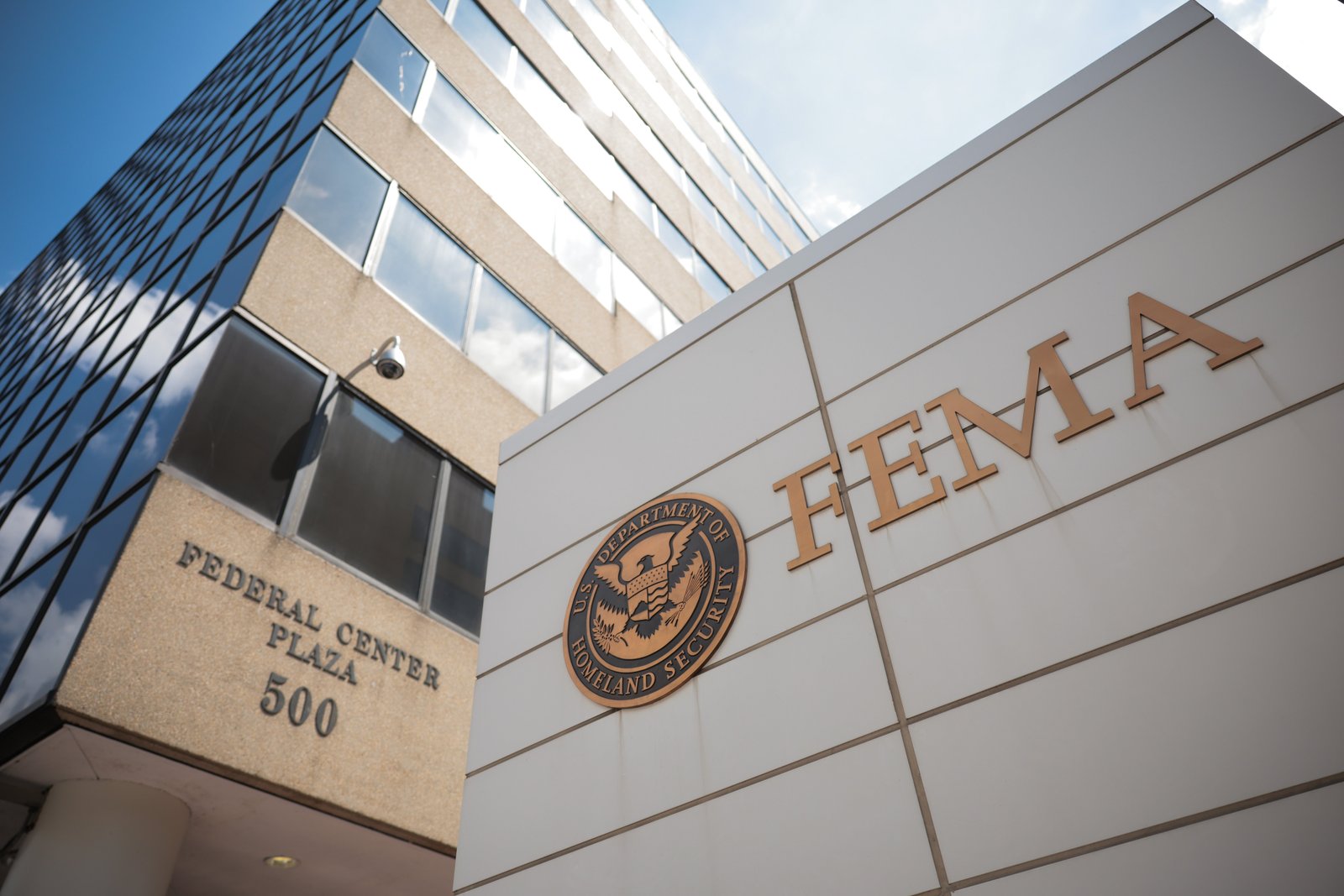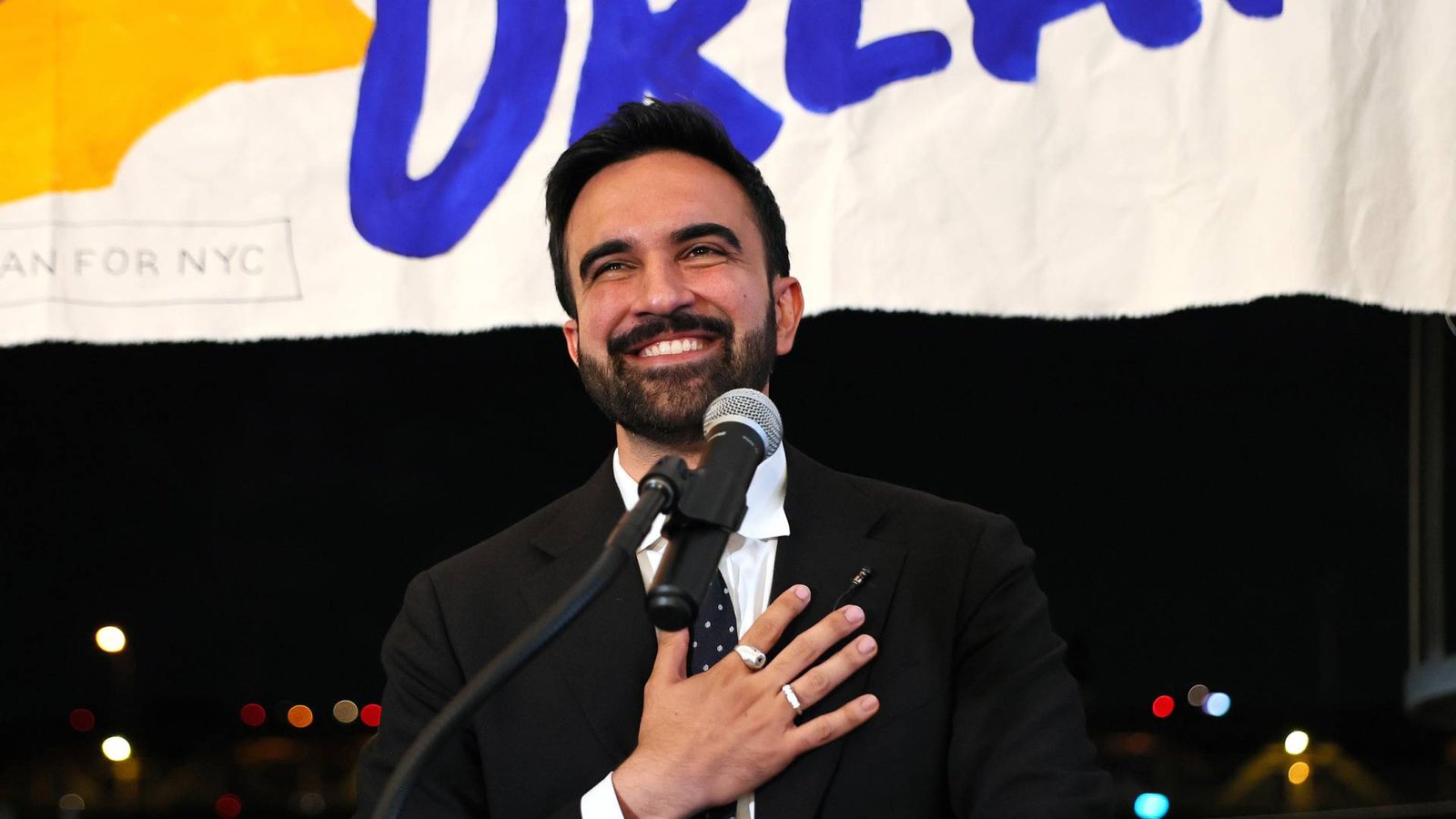Israeli Prime Minister Benjamin Netanyahu has issued a sharp warning to the international community, urging the United Nations to act decisively to prevent Iran from rebuilding its nuclear and military capabilities. His remarks, delivered ahead of expiring U.N. sanctions, highlight Israel’s growing alarm over Tehran’s defiance and renewed ambitions.
Netanyahu said the global body must not allow Iran to use the lapse of sanctions to accelerate its nuclear program, warning that the consequences would reach far beyond the Middle East. He framed the issue as an urgent matter of international security, stressing that Iran’s actions threaten not only Israel but also regional and global stability.
“Iran must not be allowed to return to nuclear weapons development,” Netanyahu declared, calling on the U.N. to use every available measure to restrict Tehran’s progress. His speech followed weeks of heightened rhetoric from Iranian leaders, who dismissed Western pressure and vowed to continue advancing their programs.
The appeal comes after a failed attempt to extend sanctions relief, leaving open the possibility of Iran expanding its nuclear activities once restrictions expire. Analysts say this moment marks a critical test for international diplomacy, as divisions within the U.N. Security Council complicate efforts to maintain a united front against Tehran.
Netanyahu has long been one of the most vocal critics of Iran’s nuclear ambitions. In his latest warning, he argued that failure to act now could open the door to an arms race in the Middle East, where rival states may feel compelled to pursue their own nuclear capabilities. Such a development, he said, would have devastating global consequences.
Israel has consistently maintained that it will take whatever steps are necessary to prevent Iran from acquiring nuclear weapons. While Netanyahu did not specify new unilateral measures, his remarks were seen as a reminder that Israel reserves the option of acting independently if it believes diplomacy falls short.
Economists and security analysts also caution that Iran’s military resurgence could destabilize energy markets, intensify regional conflicts, and weaken international sanctions regimes. Several U.N. members share these concerns, but others have signaled reluctance to impose fresh penalties, citing the need for continued engagement with Tehran.
The timing of Netanyahu’s appeal underscores the stakes. With sanctions nearing their expiration date, international negotiators face pressure to agree on a path forward. If no new measures are imposed, Iran could regain access to global markets and funding that may be redirected into its defense and nuclear programs.
Domestically, Netanyahu’s remarks also serve to reinforce his stance as a defender of Israel’s security at a time of heightened political and military challenges. Supporters argue that his consistent warnings about Iran’s nuclear ambitions have proven accurate in the past and deserve serious global attention.
Critics, however, say his approach risks further isolating Israel diplomatically, especially if allies perceive his calls as inflexible. They argue that a mix of sanctions and dialogue remains the most sustainable way to influence Tehran’s behavior.
Still, the Netanyahu Iran nuclear warning reflects a familiar theme in Israeli foreign policy: a demand for vigilance against potential existential threats. As the U.N. weighs its options, Netanyahu has made it clear that Israel expects urgent and decisive action to prevent what it views as the most pressing danger to global security.







